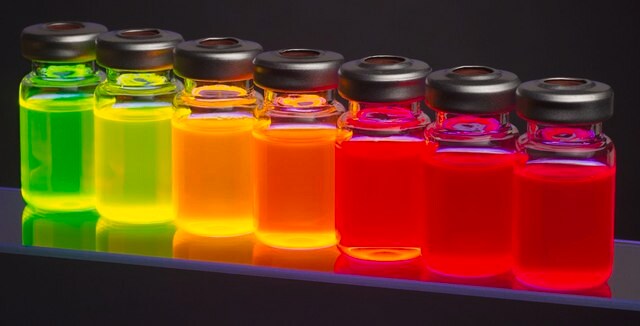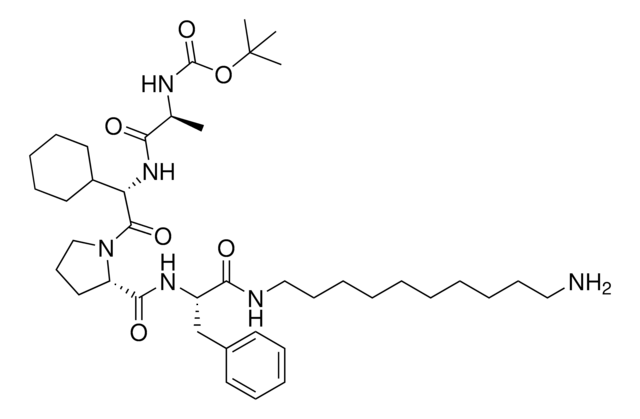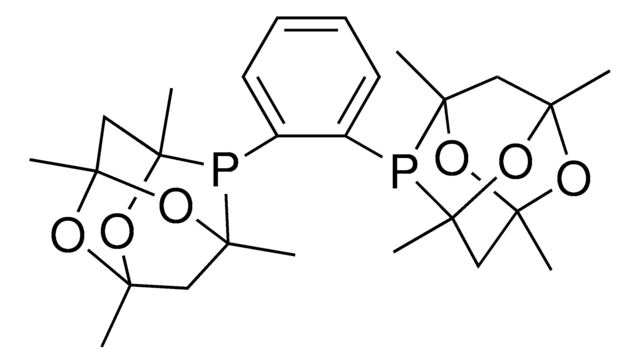Key Documents
919489
CCW16-C6-PEG3-butyl-BocNH
Synonim(y):
tert-butyl (6-(2-(2-((6-(4-(4-(N-Benzyl-2-chloroacetamido)phenoxy)phenoxy)hexyl)oxy)ethoxy)ethoxy)hexyl)carbamate, Crosslinker-E3 Ligase ligand conjugate, Protein degrader building block for PROTAC® research, RNF4-targeting building block, Template for synthesis of targeted protein degrader
About This Item
Polecane produkty
ligand
CCW16
Poziom jakości
Postać
viscous liquid
przydatność reakcji
reactivity: carboxyl reactive
reagent type: ligand-linker conjugate
grupa funkcyjna
amine
temp. przechowywania
2-8°C
ciąg SMILES
O=C(CCl)N(CC1=CC=CC=C1)C2=CC=C(C=C2)OC3=CC=C(OCCCCCCOCCOCCOCCCCCCNC(OC(C)(C)C)=O)C=C3
Powiązane kategorie
Zastosowanie
Inne uwagi
Portal: Building PROTAC® Degraders for Targeted Protein Degradation
Covalent Ligand Screening Uncovers a RNF4 E3 Ligase Recruiter for Targeted Protein Degradation Applications
Targeted Protein Degradation by Small Molecules
Small-Molecule PROTACS: New Approaches to Protein Degradation
Targeted Protein Degradation: from Chemical Biology to Drug Discovery
Informacje prawne
produkt powiązany
Kod klasy składowania
10 - Combustible liquids
Klasa zagrożenia wodnego (WGK)
WGK 3
Temperatura zapłonu (°F)
Not applicable
Temperatura zapłonu (°C)
Not applicable
Wybierz jedną z najnowszych wersji:
Certyfikaty analizy (CoA)
Przepraszamy, ale COA dla tego produktu nie jest aktualnie dostępny online.
Proszę o kontakt, jeśli potrzebna jest pomoc Obsługa Klienta
Masz już ten produkt?
Dokumenty związane z niedawno zakupionymi produktami zostały zamieszczone w Bibliotece dokumentów.
Nasz zespół naukowców ma doświadczenie we wszystkich obszarach badań, w tym w naukach przyrodniczych, materiałoznawstwie, syntezie chemicznej, chromatografii, analityce i wielu innych dziedzinach.
Skontaktuj się z zespołem ds. pomocy technicznej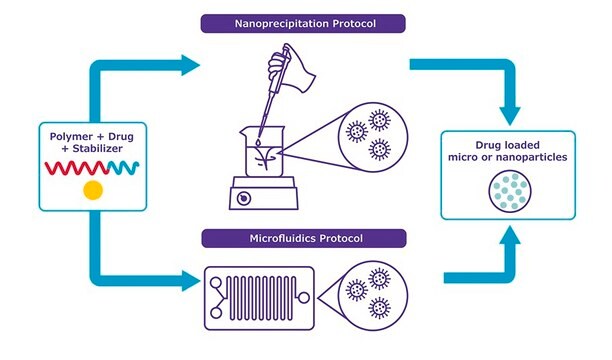
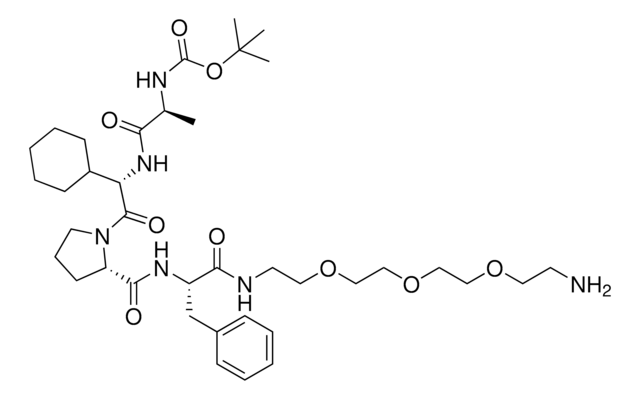

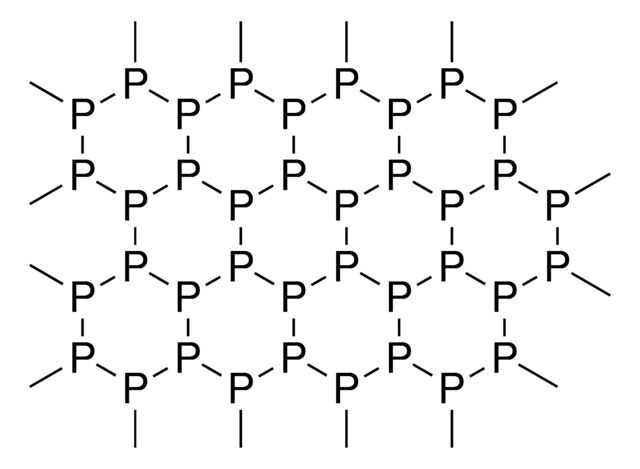
![Chloro[tris(para-trifluoromethylphenyl)phosphine]gold(I) 99%](/deepweb/assets/sigmaaldrich/product/structures/250/453/f96e05ee-0d9c-46a0-b0f5-818f89e15a2e/640/f96e05ee-0d9c-46a0-b0f5-818f89e15a2e.png)
